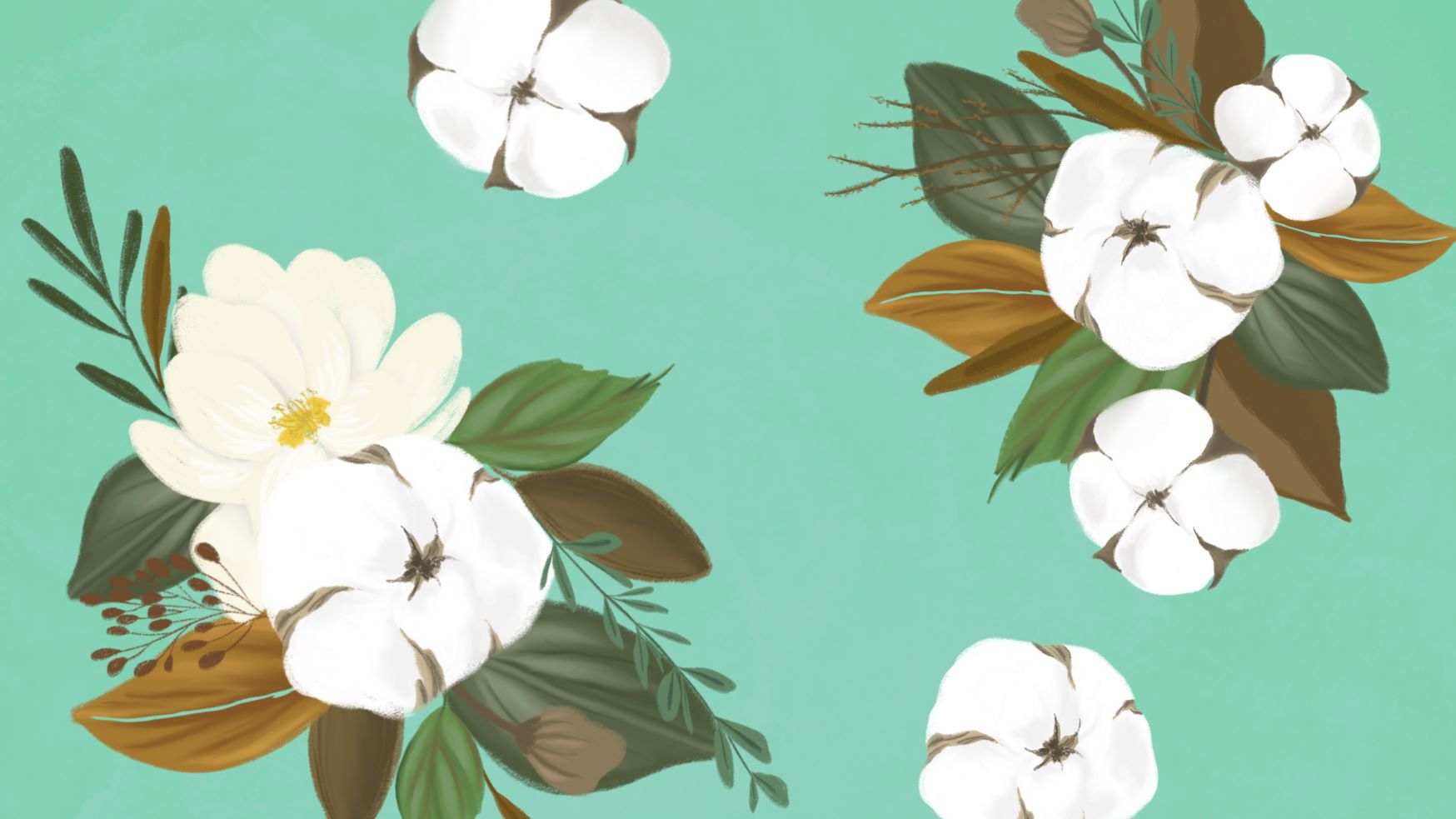Hemp: The Green Giant
Hemp, derived from the Cannabis sativa plant, has been utilized for centuries for its versatility. In recent years, it has gained traction as a sustainable alternative to conventional fabrics. Hemp cultivation requires minimal water and pesticides, making it an environmentally friendly choice. Unlike cotton, hemp grows rapidly and densely, yielding a high volume of fiber per acre.
The strength of hemp fibers is a standout feature, surpassing that of cotton. This durability translates into long-lasting textiles resistant to wear and tear. Additionally, hemp textiles soften over time without compromising their integrity.
Environmentalists champion hemp for its low ecological footprint. It thrives in diverse climates, reducing the need for extensive irrigation. Hemp also naturally resists pests, diminishing the necessity for harmful pesticides.
Cotton: The Classic Comfort
Cotton, a staple in the textile industry, has dominated the market for centuries. Grown from the fluffy fibers surrounding cotton seeds, this natural fiber is prized for its softness and breathability. However, the environmental impact of conventional cotton production has raised concerns.
Traditional cotton cultivation relies heavily on water and pesticides, contributing to soil degradation and water pollution. The extensive use of chemicals poses risks to both the environment and the health of agricultural workers. In response, organic and sustainable cotton farming practices have emerged, mitigating some of these issues.
Cotton’s soft and breathable qualities make it a popular choice for clothing, bedding, and a variety of everyday items. However, its ecological footprint has led to a growing demand for alternatives like hemp.
The Eco-Friendly Winner?
Comparing hemp and cotton involves weighing environmental impact, durability, and versatility. Hemp emerges as a clear eco-friendly winner due to its minimal resource requirements and positive environmental attributes. Its potential to revolutionize sustainable textile production has garnered attention from various industries.
The durability of hemp fibers also offers a longer lifespan for products, reducing the frequency of replacements. As consumers prioritize sustainability, hemp’s resilience makes it an attractive choice for a range of applications, from clothing to home textiles.
However, cotton, especially when sourced sustainably, continues to be a beloved classic in the textile world. Innovations in cotton farming practices, such as organic and regenerative methods, aim to address environmental concerns associated with conventional cotton.
A Sustainable Future
In the fiber faceoff between hemp and cotton, the sustainability narrative is gaining momentum. While each has its merits, hemp’s eco-friendly profile and robust qualities make it a compelling contender in the quest for sustainable textiles. As consumers become more conscientious about their choices, the fiber faceoff may pave the way for a greener, more sustainable future in the world of fabrics.




